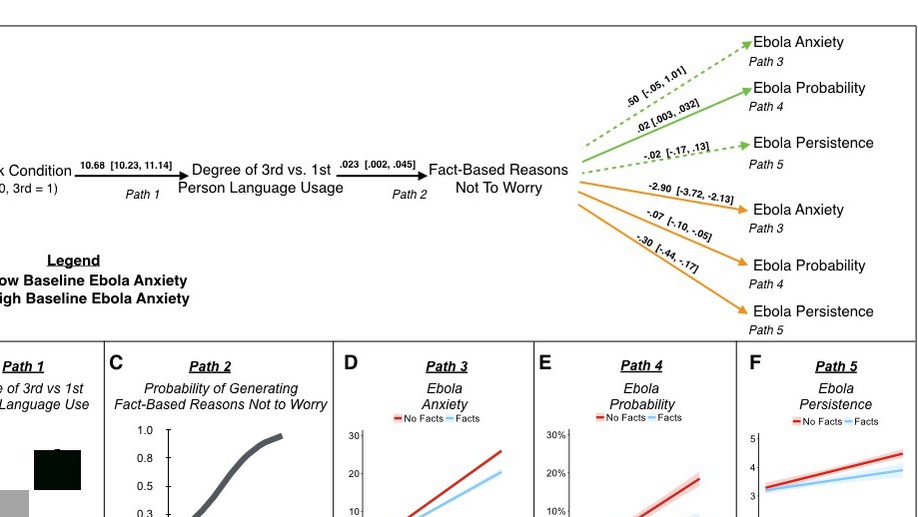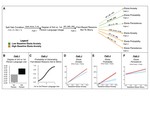About
Brian Vickers uses his expertise in decision making and statistics to help people understand and make use of data.
After graduating with a PhD from the University of Michigan, Ann Arbor program in Cognition and Cognitive Neuroscience, Dr. Vickers worked as a postdoctoral researcher. He was offered and attended a Data Science Fellowship by the Data Incubator in Washington, DC, which included topics for full-stack development processes. Since then he has professionally advised on structuring decision environments, system design and evaluation, and various aspects of the statistical modeling process.
Brian lives and works in the Washington, DC area with his wife and dog. He enjoys reading broadly, travelling, camping, and exploring the area.
For more details, feel free to investigate my resume.
Interests
- Data intelligence, engineering, and journalism
- Design processes
- Application of statistical models to novel contexts
- Hiking, kayaking, and the outdoors
Education
Data Science Fellow, 2018
The Data Incubator, Washington DC
PhD in Cognition and Cognitive Neuroscience, 2015
University of Michigan, Ann Arbor
MA in Cognition and Cognitive Neuroscience, 2011
University of Michigan, Ann Arbor
BA in Psychology, Philosophy, 2008
University of California, Santa Cruz



